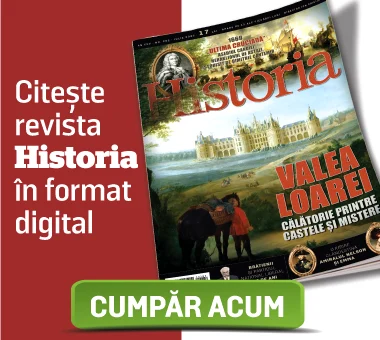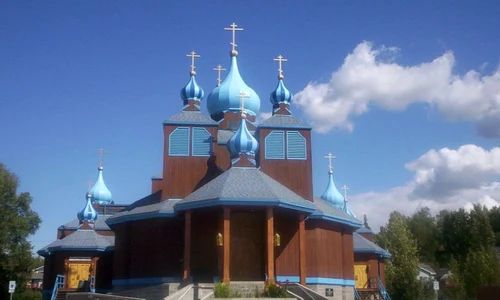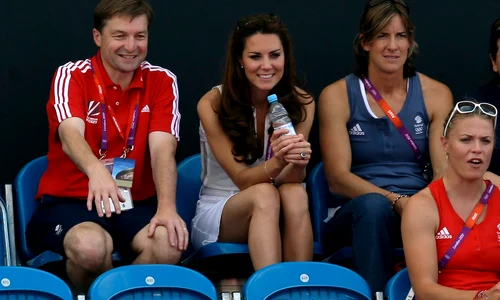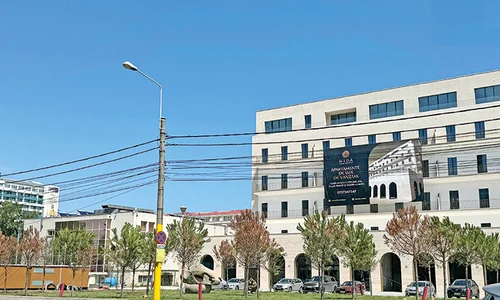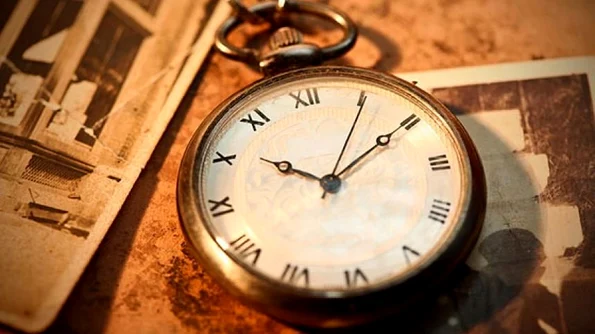
We use the past to build our groups
The idea of nationhood as something organic, continuous and well-established is still prevalent in many public utterances and lots of people still tend to go along with it unquestioned. The nation-state still holds its place as an identity medium, although in the post-war decades one can also notice a shift in the sense that exclusive hegemonic norms have been tempered so as to enforce a view of cultural diversity. Attempts at inclusiveness need not necessarily mean the requirement to be like the majority, like the “us” in the sense of a total cultural submission.
So speaking of hegemonic terms, what exactly do we mean by, say, Britishness, Swedishness, Frenchness and so on? Is there really a reality corresponding to these terms or are they just an attempt to bring together some stereotypes? Well the answer might be a little more delicate than these two. We can think at some common points of reference such as common history, traditions and spaces, but they aren’t really the result of some natural process that brought into being ethnicities and nations. More likely they are the product of a specific discursive field in which some key institutions play a vital part. Education, press, media, governments and the museum sector contribute to the shaping of a feeling of belonging into specific societies. Nevertheless, identity, regardless of what type, is rarely a static concept, especially if we think about the world today marked by globalization, post-coloniality and post-modernism.
Dominant narratives of history, racial and ethnic stereotyping and white supremacy are being challenged producing new forms of identity but in the same time strengthening the sense of the old ones in some circles. In Western societies ideas of family, regional and national history shape individual and collective forms of identity and they satisfy an ageless need:that of belonging to a group. How is this sense of a common nation achieved? Through family, the school, the media – there is always a bunch of symbols and representations to sustain it, ranging from flags and national anthems to sports, monuments, pageantry. History books have their share in creating the narratives, justifying actions and states by linking the present to the past. Controlling meanings and symbols proves to be effective in enforcing ethnic, religious, social or economic differences which in their turn can easily morph into discrimination. History is never the same in this story, various versions of it serve ideological purposes going as far as to sustain war, if we think for instance at Serbia and Kosovo or at Northern Ireland and the UK.
Dominant discourses of history and culture become all the more visible in distinguishable multiethnic and multitraditional societies in that they might be instrumented to exclude ‘other’, to create stereotypes for those who do not fit into the discourse. Stories of colonization presented as the conquest of the civilized and heroic British in India or Americans in the New World have long been a common theme in fiction and cinema, adding fuel to official portraits of the colonized peoples deemed as inferior. Recent so-to-speak counter-narratives about resistance and local heritage and traditions come to emphasize the need to de-marginalize some versions of history.
All in all, stories about the past help construct communities, ‘imagined communities’ that is, in the words of Benedict Anderson who rightfully points out that they are imagined because ‘members of even the smallest nation will never know most of their fellow neighbors, meet them or even hear of them, yet in the mind of each lives the image of the communion’ (Anderson 1991, 6). It’s not a matter of authenticity here, but of the modes these communities choose to represent themselves as a unified whole. Nationhood is a ‘cultural artifact of a particular kind. To understand them properly we need to consider carefully how they have come into historical being, in what ways their meanings have changed over time and why today the command such profound emotional legitimacy’. (Anderson 1991, 4).
This emotional legitimacy means that nations and ethnic groups overcome the rational and articulate an emotional response to reality, an attempt to create a collective meaning and purpose of the group. One way of understanding culture is precisely through the interplay of meanings, values, subjectivities and identities which may compete with each other. Take Britain for example, where debates over the meaning of Britishness, confronted no only with specificities coming from the migrants’ side, but with the age long cultural and political struggle of Wales and Scotland as well. Apart from identification through language and ancestry, the media’s role is not to be neglected:e.g. coverage of the ‘national news of Wales’. Wales has been trying for a while to reinvent tradition, using poetry, costumes or flags. One of the reasons for which nationalist parties have grown can stem from a positive revaluing of Welshness.
History and culture can be mobilized to enforce values grounded in certain narratives. They induce a sense of identity by including oneself and the ancestors into a meaningful story that strengthens a position of dignity. And sometimes, despite diversification, the theme of the glorious days of the past is still part of many speeches. Coming back to Britain, there’s somehow a tension between the overall publicly acclaimed values of tolerance and commitment and tentatives to regard the imperial past as a story of justice and not of exploitation. And generally speaking, nationalistic discourses that disavow the negative deeds hinder the ones about inclusion and acceptance that a complex view of history may bring about.
History offers symbols, symbols are used in cultural politics. And cultural politics can strikingly stand in opposition to one another, if we think among others about the case of writers of African descent retelling accounts of the slave trade or about indigenous people struggling to revitalize a lost past to gain recognition as communities. In other words, the past serves as a building block for group and individual definitions.
